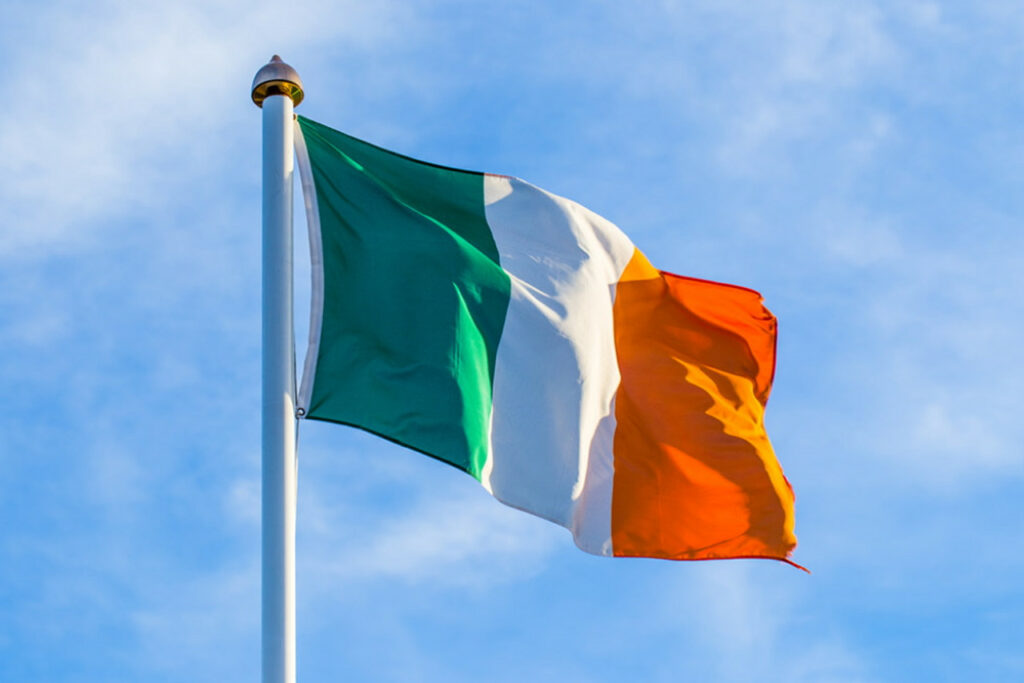Ireland has grown to be a popular travel destination for people looking for new experiences and possibilities because of its magnificent scenery, vibrant culture, and extensive history. However, it is essential to comprehend the cost of living in Ireland before deciding to relocate. This thorough guide seeks to offer an in-depth examination of several factors relating to the cost of living in Ireland, including housing, transit, groceries, healthcare, education, and entertainment.

Accommodation costs
Anyone migrating to Ireland should prioritize finding adequate housing. Depending on the area, the cost of renting or purchasing a house can differ greatly. Rental costs are typically higher in major cities like Dublin, Cork, and Galway. A one-bedroom apartment can cost between €1,500 and €2,500 per month in the city center, but outside of it, rent may be as low as €1,000 to €1,800. A home can be expensive to purchase, with typical expenditures in urban areas ranging from €300,000 to €500,000.
Transportation expenses
Ireland has a well-connected public transport network that includes cabs, trams, buses, and trains. Depending on the route taken and the form of conveyance, the cost of public transportation varies. Depending on the city, monthly passes for public transport might cost anywhere between €100 and €150. In Ireland, owning a car entails additional costs such as fuel, insurance, road tax, and parking fees. When creating your budget, it is critical to take these expenses into account.
Grocery and food costs
Ireland’s grocery prices can be relatively high, especially when compared to those in other European nations. However, expenses can be controlled by making use of neighborhood markets and budget stores. Depending on geography and dietary needs, a single person’s average monthly shopping price can be between €200 and €300. Occasionally going out to eat can be reasonably priced; a meal at a mid-range restaurant will run you between €15 and €25 per person.
Healthcare expenses
Public and private healthcare services are combined in Ireland’s healthcare system. The Health Service Executive (HSE) administers public healthcare, however, private healthcare choices are accessible for people who want more perks and expedited access to specialists. Residents have access to public healthcare through the General Medical Services (GMS) plan or the Medical Card, which is paid for by general taxes. Depending on age and coverage, private health insurance rates can range from €1,000 to €3,000 annually.
Education costs
Ireland has a robust educational system, with options ranging from elementary schools to universities. While private schools may charge tuition, public institutions are often free. Depending on the level of education and whether you select a public or private institution, the cost of education varies. Depending on the subject and institution, overseas students’ annual university tuition fees might range from €10,000 to €25,000.
Entertainment and leisure expenses
Ireland has a thriving social scene with many different forms of entertainment. Depending on region and personal tastes, entertainment costs can vary. A movie ticket might cost anywhere from €10 to €15, while a pint of beer at a pub can cost anywhere from €5 to €8. Numerous outdoor activities, cultural occasions, and festivals are other possibilities for leisure and enjoyment that are free or inexpensive.
Taxes
When analyzing the cost of living in Ireland, it is essential to comprehend the tax structure. Depending on your earning level, the income tax rates range from 20% to 40%. There are additional taxes that can be applicable, including the Universal Social Charge (USC) and Pay Related Social Insurance (PRSI). A tax expert should be consulted to ensure compliance and minimize your tax responsibilities.
Conclusion
Anyone thinking about moving to this alluring nation must be aware of the expense of living in Ireland. While some costs, like lodging and groceries, can be high, many options for transportation and healthcare can be found to fit a variety of budgets. People may take advantage of the distinctive experiences Ireland has to offer while properly controlling their spending by carefully planning and budgeting.
You may also like these articles
Working in Ireland as an expat
